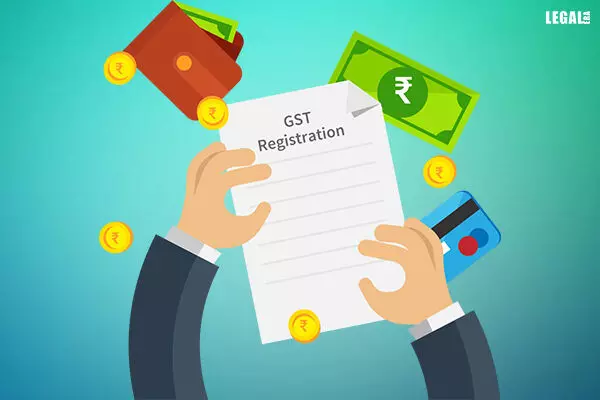- Home
- News
- Articles+
- Aerospace
- Artificial Intelligence
- Agriculture
- Alternate Dispute Resolution
- Arbitration & Mediation
- Banking and Finance
- Bankruptcy
- Book Review
- Bribery & Corruption
- Commercial Litigation
- Competition Law
- Conference Reports
- Consumer Products
- Contract
- Corporate Governance
- Corporate Law
- Covid-19
- Cryptocurrency
- Cybersecurity
- Data Protection
- Defence
- Digital Economy
- E-commerce
- Employment Law
- Energy and Natural Resources
- Entertainment and Sports Law
- Environmental Law
- Environmental, Social, and Governance
- Foreign Direct Investment
- Food and Beverage
- Gaming
- Health Care
- IBC Diaries
- In Focus
- Inclusion & Diversity
- Insurance Law
- Intellectual Property
- International Law
- IP & Tech Era
- Know the Law
- Labour Laws
- Law & Policy and Regulation
- Litigation
- Litigation Funding
- Manufacturing
- Mergers & Acquisitions
- NFTs
- Privacy
- Private Equity
- Project Finance
- Real Estate
- Risk and Compliance
- Student Corner
- Take On Board
- Tax
- Technology Media and Telecom
- Tributes
- Viewpoint
- Zoom In
- Law Firms
- In-House
- Rankings
- E-Magazine
- Legal Era TV
- Events
- Middle East
- Africa
- News
- Articles
- Aerospace
- Artificial Intelligence
- Agriculture
- Alternate Dispute Resolution
- Arbitration & Mediation
- Banking and Finance
- Bankruptcy
- Book Review
- Bribery & Corruption
- Commercial Litigation
- Competition Law
- Conference Reports
- Consumer Products
- Contract
- Corporate Governance
- Corporate Law
- Covid-19
- Cryptocurrency
- Cybersecurity
- Data Protection
- Defence
- Digital Economy
- E-commerce
- Employment Law
- Energy and Natural Resources
- Entertainment and Sports Law
- Environmental Law
- Environmental, Social, and Governance
- Foreign Direct Investment
- Food and Beverage
- Gaming
- Health Care
- IBC Diaries
- In Focus
- Inclusion & Diversity
- Insurance Law
- Intellectual Property
- International Law
- IP & Tech Era
- Know the Law
- Labour Laws
- Law & Policy and Regulation
- Litigation
- Litigation Funding
- Manufacturing
- Mergers & Acquisitions
- NFTs
- Privacy
- Private Equity
- Project Finance
- Real Estate
- Risk and Compliance
- Student Corner
- Take On Board
- Tax
- Technology Media and Telecom
- Tributes
- Viewpoint
- Zoom In
- Law Firms
- In-House
- Rankings
- E-Magazine
- Legal Era TV
- Events
- Middle East
- Africa
Delhi High Court admits petition challenging CGST Rules

Delhi High Court admits petition challenging CGST Rules
The court ruled that the registration was suspended on the basis of a show-cause notice that was bereft of any reason
The Delhi High Court had recently admitted a petition challenging the validity of the Central Goods and Services Tax (CGST) Rules being violative under the Constitution of India.
SSG Furnishing LLP filed the petition after it was issued a show-cause notice.
As per the rule, a taxpayer who had applied for the cancellation of GST registration would not be required to comply with filing the Goods and Services Tax (GST) return provisions during the suspension period.
The petitioner had sought a direction quashing the impugned show-cause notice whereby the department proposed to remove the suspension of GST registration and to direct the respondents to allow the petitioner to carry out his business.
He contended that the impugned show-cause notice was vague and did not specify the reason why the cancellation proceedings had been initiated against him. He argued that the reason mentioned in February 2021 show-cause notice specified only the ground as 'others.' Due to this action of the department, he had to bear extreme hardship, irreparable loss, prejudice, distress and harassment.
The bench of Justice Manmohan and Justice Dinesh Kumar Sharma ruled, "The petitioner's registration has been lying suspended for more than 40 days on the basis of a show-cause notice, which is bereft of any reason or fact. The court stays the impugned notice and directs restoration of the GST registration."



